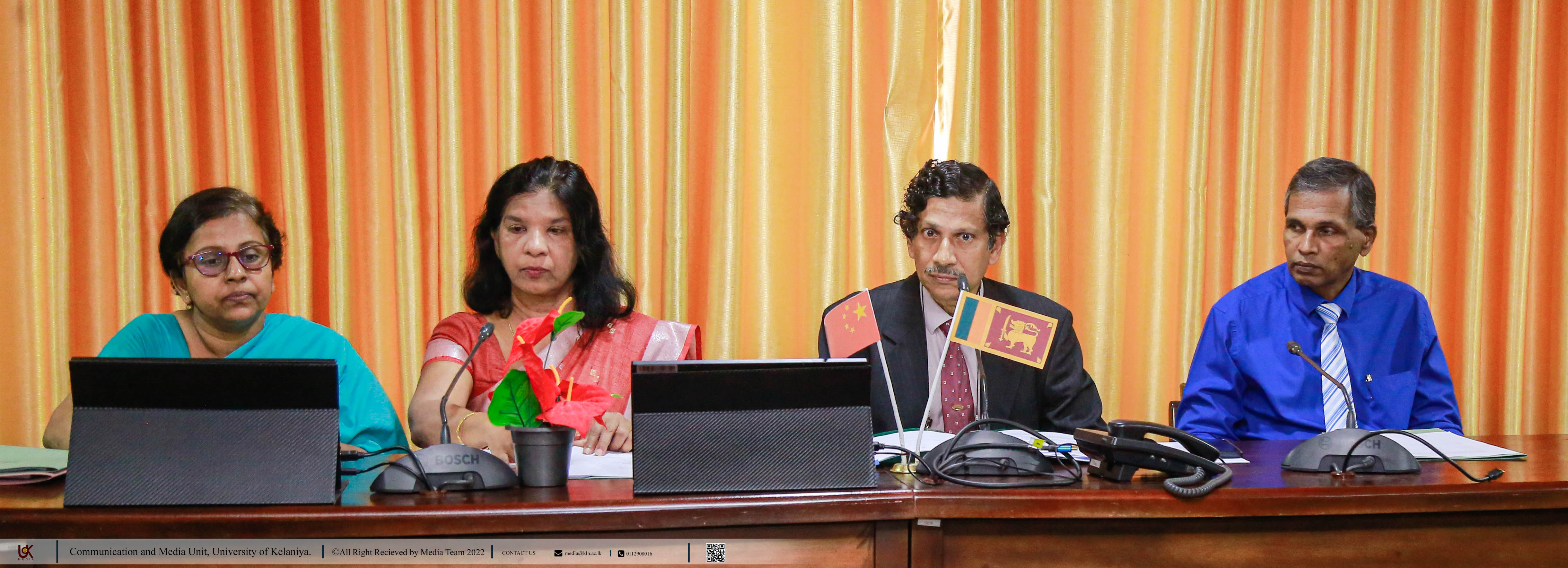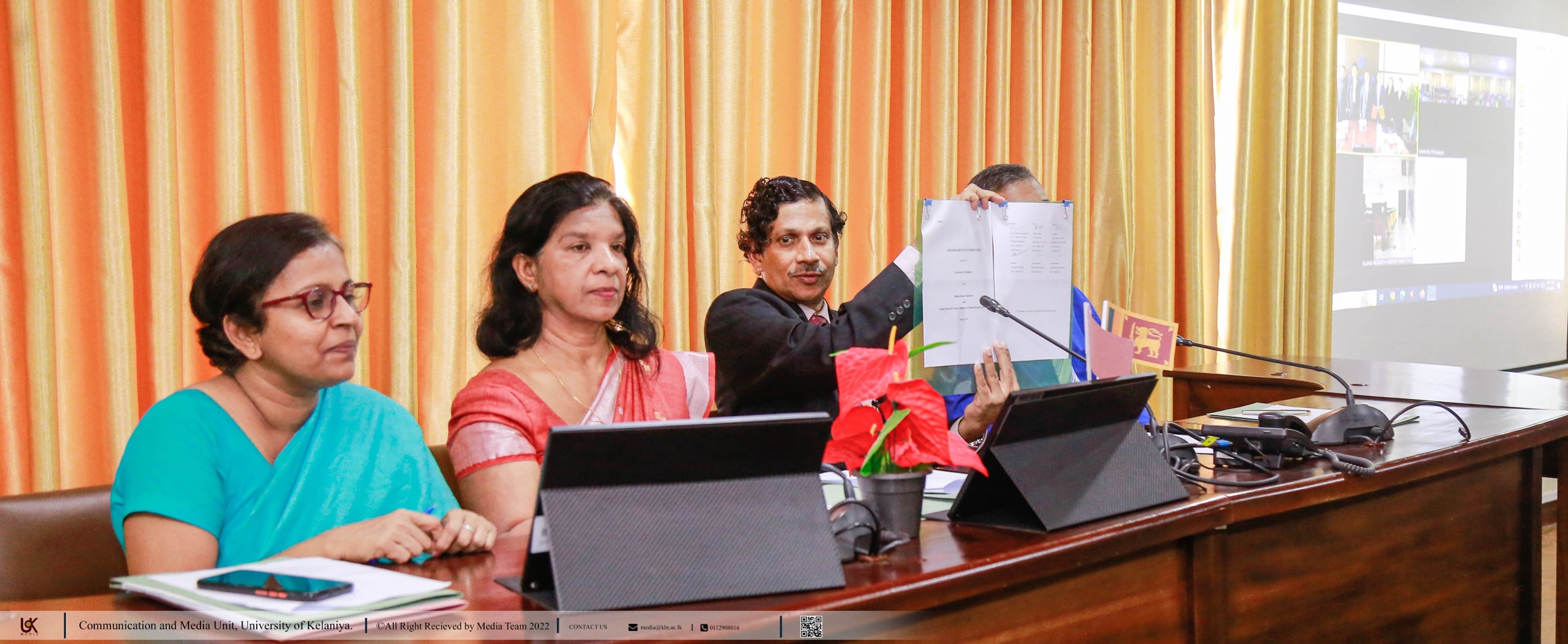
Join us on this unforgettable journey through Sinharaja Forest Reserve and immerse yourself in the wonders of nature. Gain knowledge, experience, and appreciation for the incredible biodiversity that this unique rainforest ecosystem has to offer. Together, let's learn, explore, and contribute to the conservation of Sinharaja, a true natural heritage of Sri Lanka. This two-day workshop aims to offer participants an immersive experience in this unique rainforest ecosystem. Participants will have the opportunity to explore the forest, learn about its flora and fauna, and understand the importance of conservation efforts in preserving this invaluable natural heritage.
Workshop Details:
- Date: 23rd & 24th April 2024
- Venue: Sinharaja Forest Reserve
- Participants: Open to nature enthusiasts, birdwatchers, students, researchers, and anyone interested in biodiversity conservation.
- Registration Fee: Rs. 5000.00
What to Bring:
- Comfortable walking shoes
- Raincoat or umbrella
- Insect repellent
- Notebook and pen
- Camera/binoculars (optional)
Join us on this unforgettable journey through Sinharaja Forest Reserve and immerse yourself in the wonders of nature. Gain knowledge, experience, and appreciation for the incredible biodiversity that this unique rainforest ecosystem has to offer. Together, let's learn, explore, and contribute to the conservation of Sinharaja, a true natural heritage of Sri Lanka.

A certificate of participation will be provided at the end of the workshop.
After registration, please deposit Rs 5000.00 to the below bank account and send us the online slip or scan copy of the receipt to confirm your participation.
Email address: This email address is being protected from spambots. You need JavaScript enabled to view it. Type subject as Sinharaja_Your name

A/C No-055-1-001-4-0009867
Account Holder Name- University of Kelaniya
Account Type- Current Account
Bank - Peoples’ bank
Branch- Kelaniya
Branch Code- 055
SWIFT Code- PSBKLKLX
Bank Address-Dalugama, Kelaniya, Sri Lanka
Please join the official WhatsApp group to receive updates regarding the workshop.
https://chat.whatsapp.com/HWh0IJ7yQlRKG6LQvTcsyL
If you have any questions or need further assistance leading up to the event, please don't hesitate to reach out to us.
For more information, Contact
Mr. K. M Sudesh Ruvinda
Senior Lecturer (Gr II)
Department of Zoology and Environmental Management
Faculty of Science
University of Kelaniya
Kelaniya 11600, Sri Lanka
Telephone: Office: +94 11 2914479, Mobile: +94 77 6 444 161
Email: This email address is being protected from spambots. You need JavaScript enabled to view it. This email address is being protected from spambots. You need JavaScript enabled to view it.










